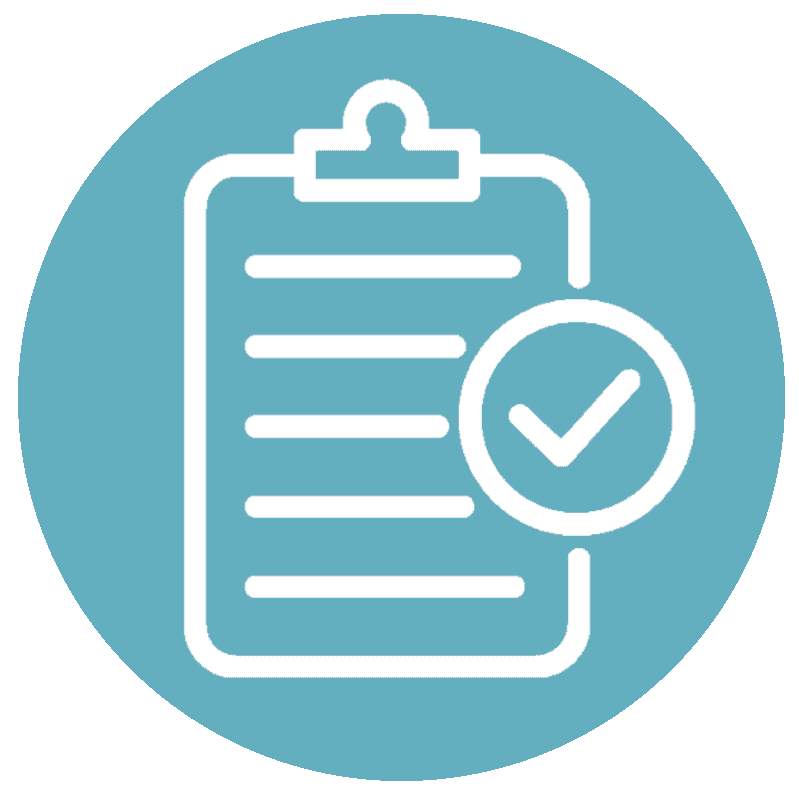Best Essential Oils For Overcoming Challenges In Recovery
Essential oils are an ancient practice using the most healing properties of herbs, flowers, and plants. Either rubbed onto the skin or through aromatherapy, essential oils can be supportive to therapeutic efforts in recovery, mind, body, and spirit.
ORGANGE
For: Getting out of a funk and shaking off the blues
Orange is an invigorating smell. As an essential oil, orange is good to shake off going through a funk or feeling a case of the blues. Recovery, especially early recovery, is full of ups and downs. As the brain and the body regulate, it isn’t uncommon to go through periods of depression. Life can be that way outside of recovery as well. All kinds of circumstances can bring us into a funk or a down time in our energy, mood, and emotional state. It is important in recovery to learn to let things pass, feel feelings, and learn from everything. However, a funk and the blues can become too overwhelming. When they do, there is a risk of returning to old feel-good behaviors which can be harmful and a threat to sobriety.
EUCALYPTUS
For: fighting off chronic early recovery colds, detox, PAWS, general relaxation
Eucalyptus is an ingredient used in many trusted cold remedies. Brand name products like Vick’s Vapo Rub use the natural menthol of eucalyptus for clearing up the nose and throat for relief during congestion. Eucalyptus is good for purifying and cleansing, which makes it a very essential oil. Early recovery can come with regular rounds of colds and flus. Everybody has a compromised immune system as their bodies are fighting hard to restore health after years of substance abuse. In addition to helping out during a cold or the flu, eucalyptus oil can help with detox and withdrawal symptoms which are ongoing. Symptoms of post acute withdrawal syndrome can last up to 24 months.
SANDALWOOD
For: working on your fourth step, clearing negative energy, trauma work
Sandalwood is an essential oil used in different religions and spiritual practices. It’s used to clear negative energy and sanctify an object or a process. Using sandalwood during a fourth step of the twelve step process is helpful in clearing away the surging negative emotions which can come from writing about resentments and harms done. Trauma work with a therapist and in group setting can also bring up old negative emotions which are difficult to process. Sandalwood will create a sense of grounding while healing the energy.
Enlightened Recovery Solutions strives to bring clients transformative healing of mind, body, and spirit. Our integrative treatment programs fuse the best of holistic and alternative healing with clinical therapy and twelve step philosophy. Providing partial care programs, we welcome clients seeking to recover from addiction, alcoholism, and mental health issues. For information, call us today at 833-801-5483.



